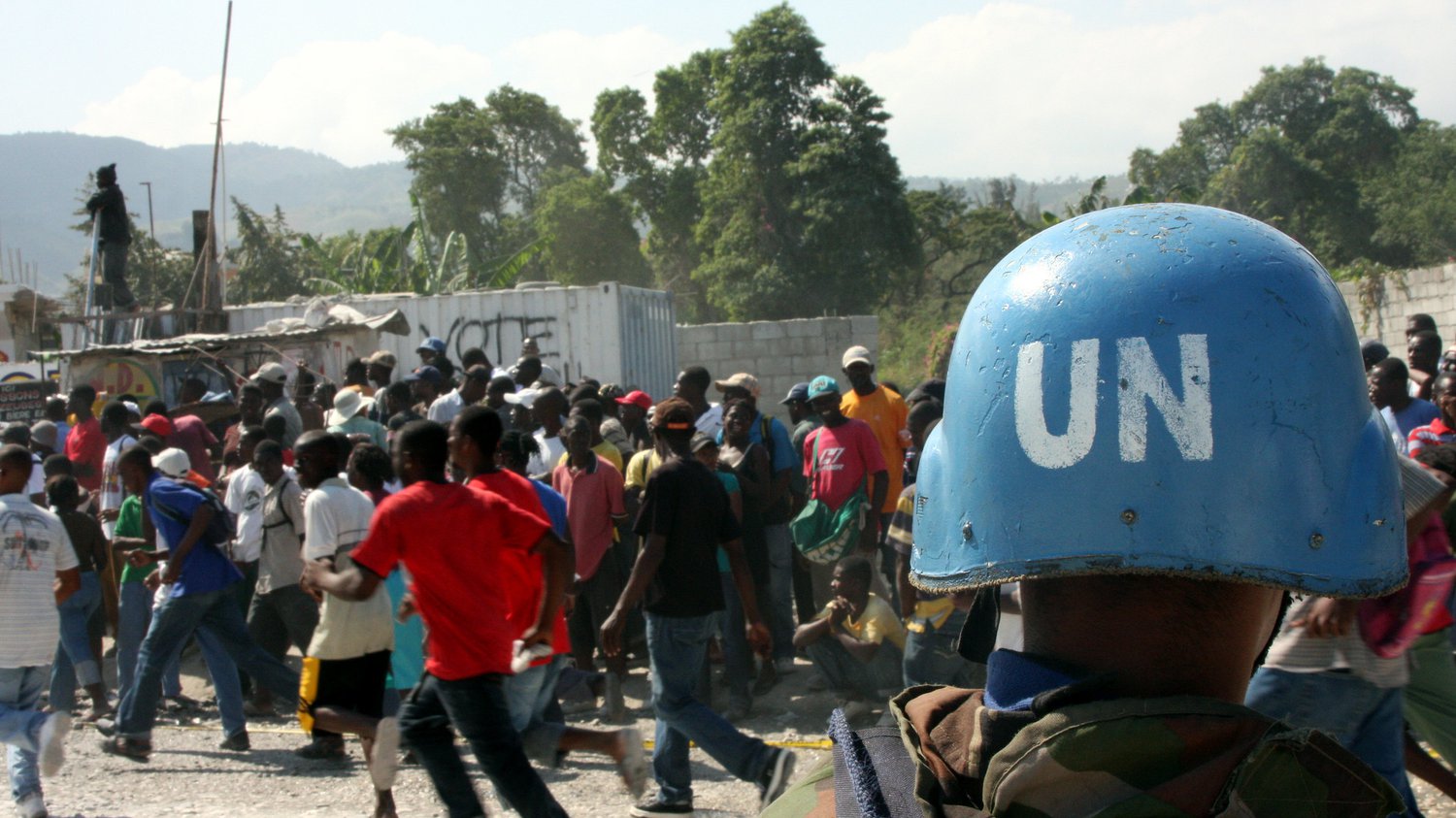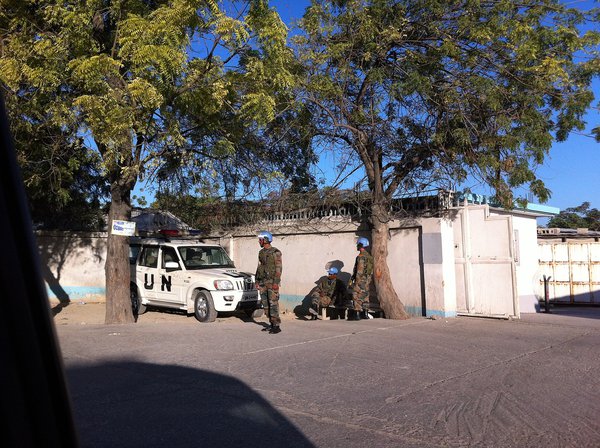Haiti has lived through one crisis after another. But the current prolonged crisis in Haiti has brought insecurity and violence, and has contributed to the displacement of hundreds of thousands of Haitians.
According to the International Organization for Migration (IOM), there has been a 60 percent increase of internally displaced people within the country since March. These people have been displaced by spiraling gang violence, the collapse of the government, and the resulting economic crisis.
“The figures we see today are a direct consequence of years of spiraling violence—that reached a new high in February—and its catastrophic humanitarian impact,” Philippe Branchat, the head of the IOM in Haiti, wrote in a press release reporting the increase. “The unending crisis in Haiti is pushing more and more people to flee their homes and leave everything behind. This is not something they do lightly. What’s more, for many of them, this is not the first time.”
In the past, migration out of Haiti has been the primary escape valve for those who are internally displaced. But as the country has seen an increasingly deteriorating situation, this option has been largely cut off by the international community. Migration out of Haiti has been the primary escape valve for those who are internally displaced.
“It’s very very hard to leave Haiti right now,” Nicole Phillips, a lawyer with the Haitian-American Haitian Bridges organization, tells The Progressive. “There aren’t many international flights, and with a Haitian passport, there are very few places that will legally allow you to enter. People are trapped.”
Haiti has experienced major economic problems, which, along with the rise of gangs taking over neighborhoods, has contributed to massive displacement. Many of those who do manage to flee the capital city find themselves without means to support their families.
As Haitians struggle, the country’s government has taken steps to stabilize. Earlier this month, the country appointed a new interim prime minister, who took steps to establish a transitional council with the goal of organizing democratic elections.Interim Prime Minister Garry Conille, an academic who previously worked for UNICEF, takes over leadership from Ariel Henry, who resigned in April 2024. Henry had held the office following the assassination of President Jovenel Moïse in July 2021, while delaying elections as Senate term limits expired creating a political vacuum.
But regaining the confidence and economic stability of residents will take time.
“Haiti has gone through so much in the last couple years, even with the deployment of the police force and the talk of elections, improvements will be so slow,” Phillips says. “It will be a long time before the folks that have been displaced will be in a situation where they can return home or where they can find new homes.”
As Haiti’s government moves to stabilize, Kenyan police officers have started arriving in the island nation to respond to rampant gang violence.
On June 25, the first 400 of a planned 1,000 police officers flew to Haiti to begin establishing the international force that is meant to quell gang violence. The people of Haiti are welcoming the deployment with deep-seated wariness due to the recent history of other military deployments.
The Associated Press reported last month that the deployment of Kenyan police forces was briefly delayed due to the lack of adequate infrastructure, including bases for police units were still under construction and the police units lacked critical resources, including vehicles.
Aprimary promoter of the deployment to Haiti, the Biden Administration anticipates that the force will eventually grow to 2,500 police officers from more than a dozen countries, including Jamaica, Canada, and the United Kingdom.
The police deployment to Haiti is already being met by doubt, in part due the sordid history of the previous United Nations’ Peacekeeping force known as The United Nations
Stabilization Mission in Haiti, or MINUSTAH. During the peacekeeping force’s nearly thirteen-year existence, soldiers were accused of numerous human rights violations, including massacres and introducing cholera to the island following the January 2010 earthquake that devastated the country.
“[MINUSTAH] casts an enormous shadow,” Phillips says. “[MINUSTAH left] a legacy of sexual exploitation, abuse, and not protecting the people they were supposed to protect.”
The threat of new human rights violations in Haiti by security forces is worsened by the agreement between Haiti and Kenya for the Multinational Security Support Mission (MSSM), which grants Kenyan personnel blanket immunity.
“Here we go again in terms of immunity for human rights abuses,” Phillips says. “Which, sadly, we anticipate.” By JEFF ABBOTT, The Progressive Magazine








